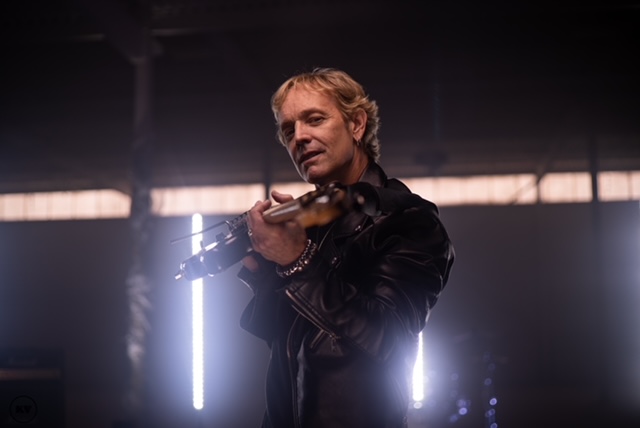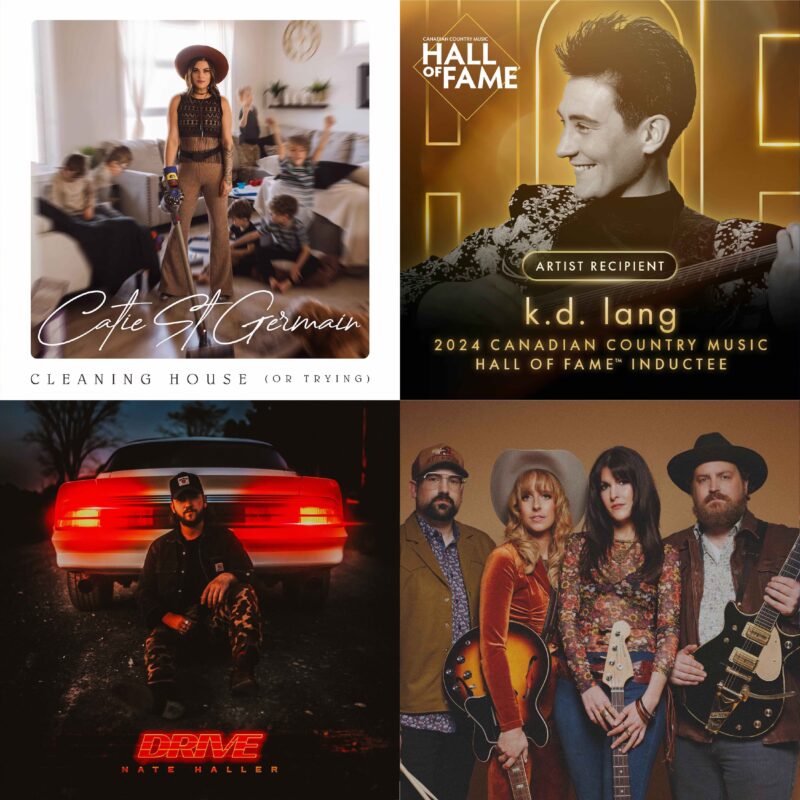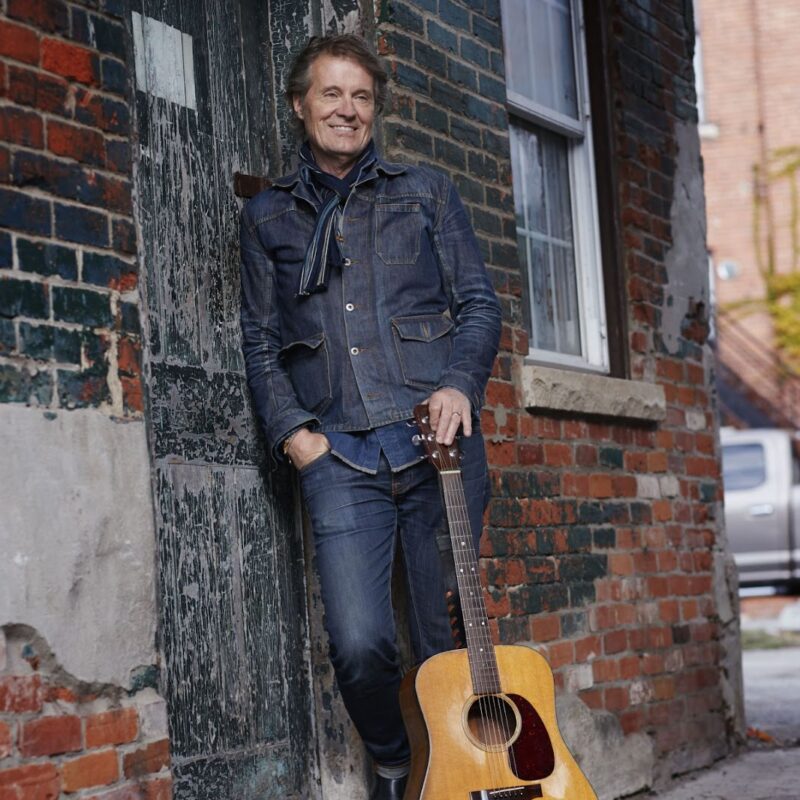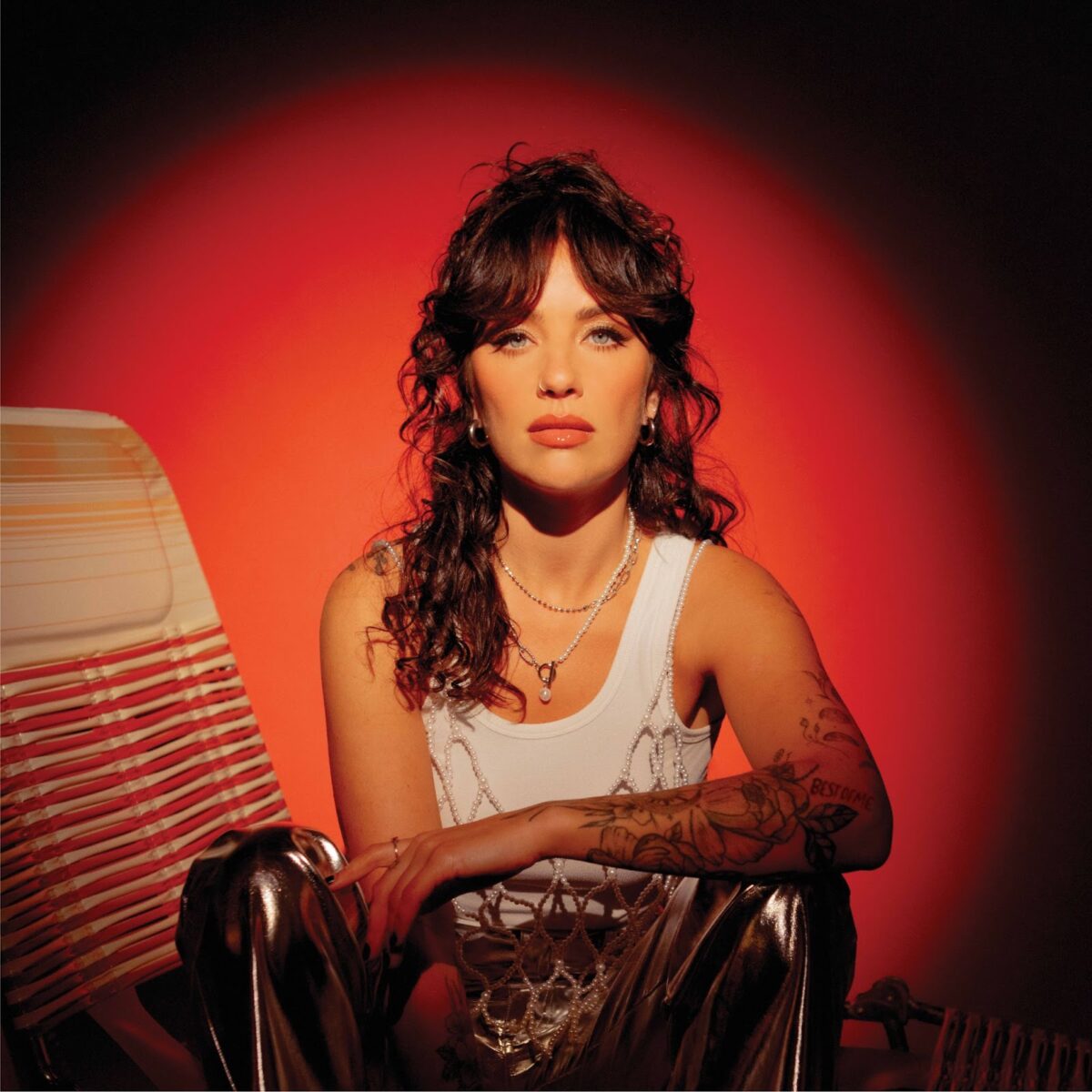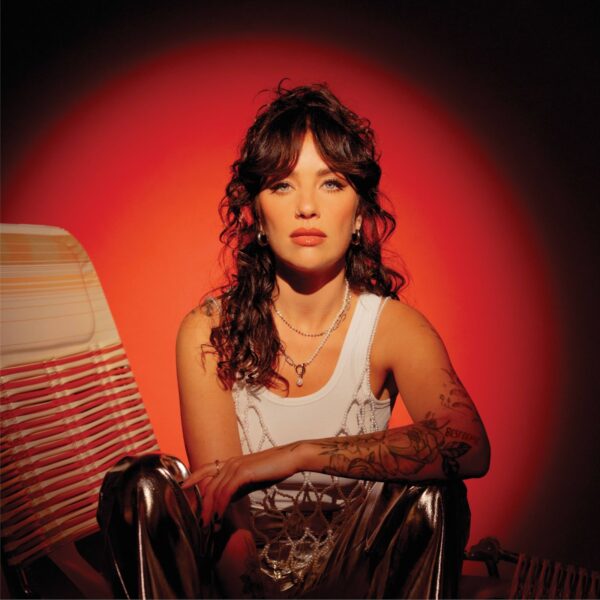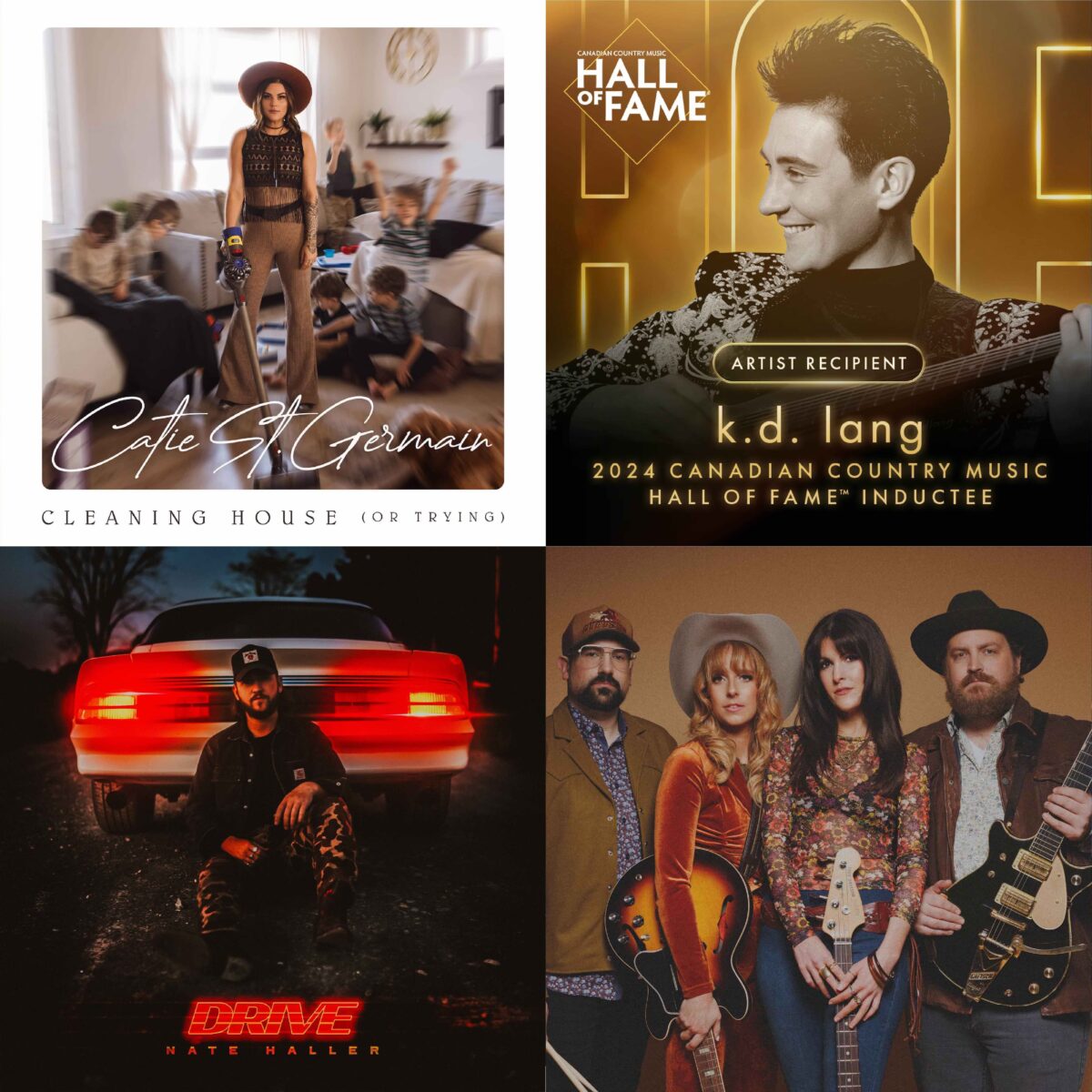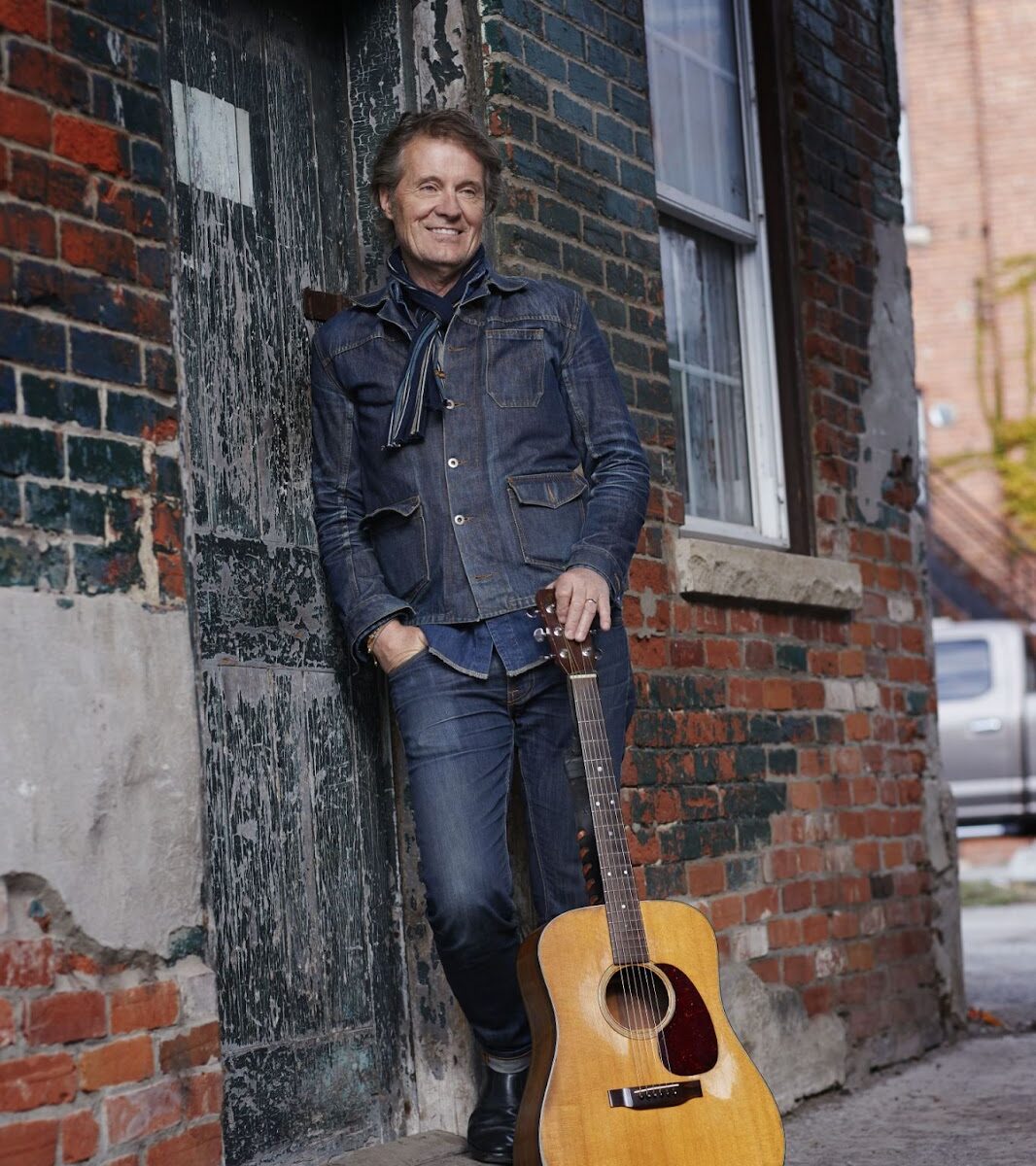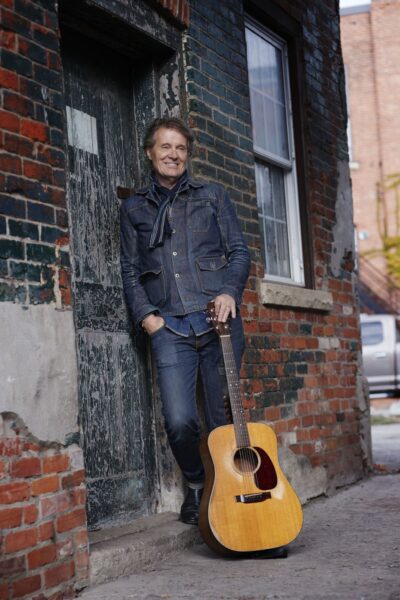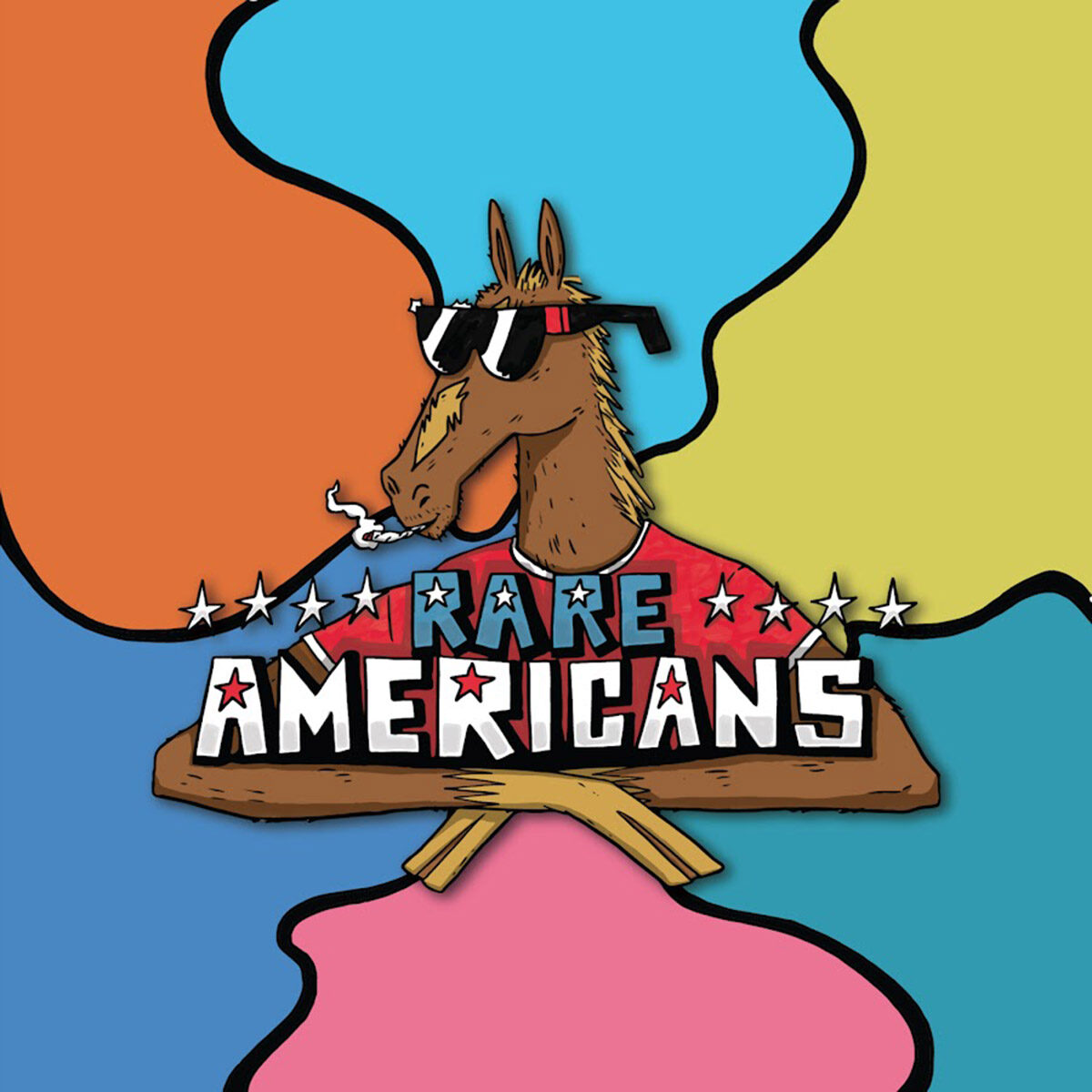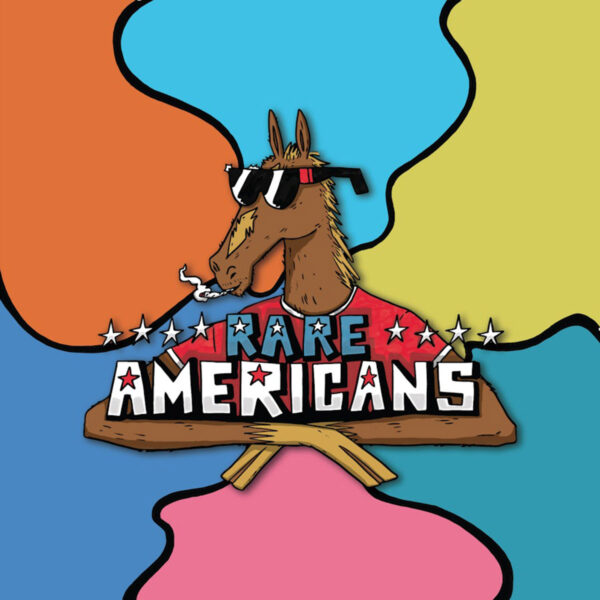Sean Kelly’s new book “Don’t Call It Hair Metal” (Photo: ECW Press)
By Keith Sharp
Only a professional musician, published author and part-time schoolteacher could tackle such a book titled “Don’t Call It Hair Metal”; Art In The Excess of ‘80’s Rock – but North Bay Ontario native, Sean Kelly is just such a person.
“That whole heavy metal-hair band scene is something I have always obsessed about growing up in North Bay,” allowed Kelly over the phone, in between appearing in gigs with both Lee Aaron and Coney Hatch. “And this book helps me get those thoughts out of my head and out of my wife’s ear,” he laughs.
Written as an ode to a specific period of music which lasted from 1978 until the early 1990’s when the Grunge movement, swept all existing power rock under the carpet, Kelly noted that “this was the music that has stayed with me. I talked to a lot of people growing up and they outgrew that music, but I never outgrew it,” he explained.
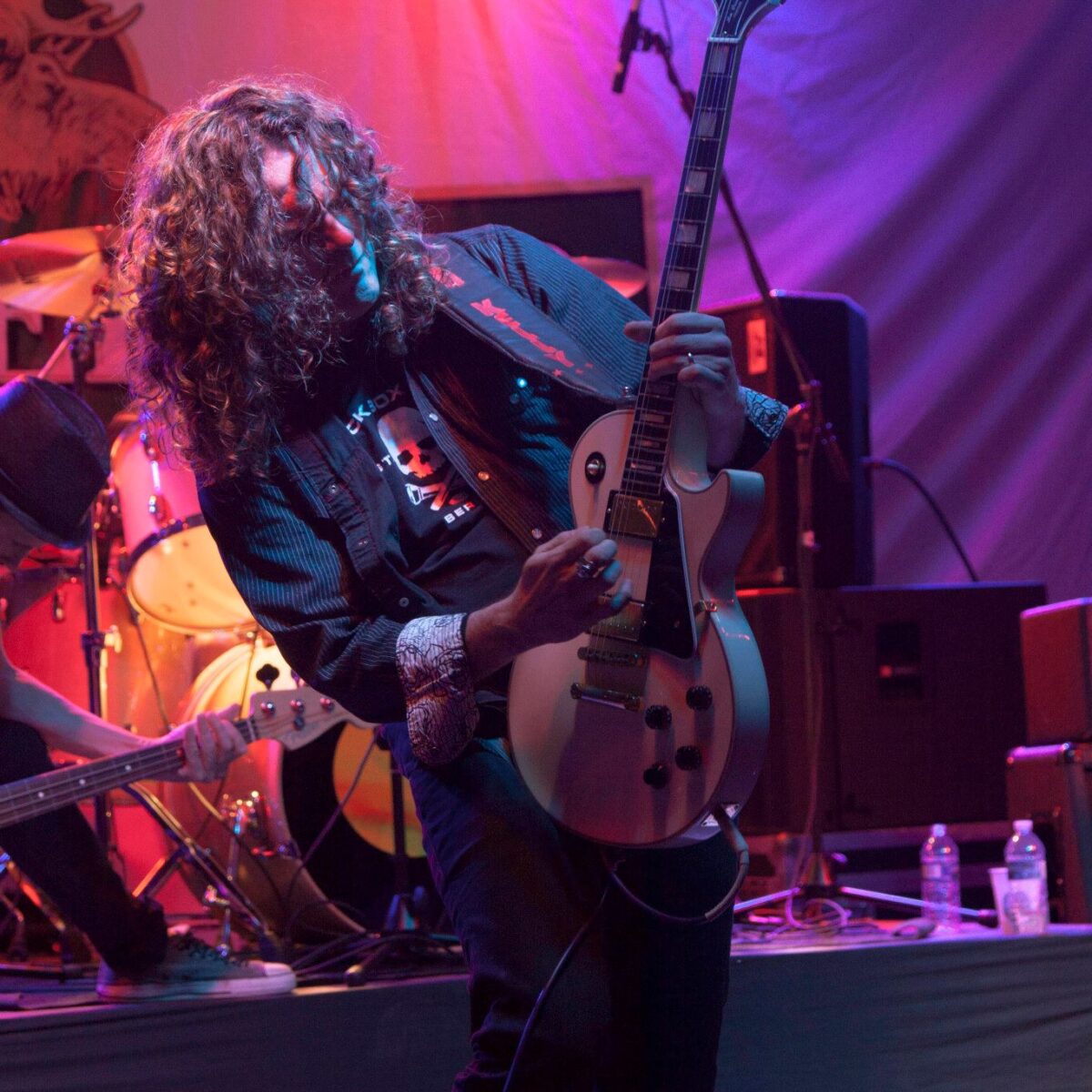
With copious comments from the likes of rock luminaries of such bands as Twisted Sister, Def Leppard, Poison, Whitesnake, Ratt, Guns N Roses, Quiet Riot, Dokken, Mr Big and Dio plus Canadian content courtesy of Triumph’s Rik Emmett, Age Of Electric’s Todd Kerns, Stonebolt’s John Webster and Lee Aaron, Kelly exhaustively examines key album releases and personnel through the 1980’s chatting with these artists about their differing styles and performing techniques.
“It wasn’t just about those records that were made during that time period but it’s also about the records they have continued to make,” Kelly explained. “In the overall period of rock music, this specific period tends to get overlooked and denigrated. I thought it would be interesting to trace their artistic inspiration and their sonic evolution which meant so much to me.”
Kelly noted that music in the 70’s was actually driven by music people such as A&M’s Herb Alpert, Motown’s Berry Gordon, Atlantic Records’ Ertegun brothers and Capricorn Records’ Phil Waldern, people who actually cared about developing their artists. “But towards the end of the 1980’s all of these major record companies became mass conglomerates, they brought in bean counters instead of music people to run things. They were signing formulas and every band had a W in their name. But even in that stuff there was an interesting microcosm of talented producers and session people -unfortunately, there was a sameness which came with it.”
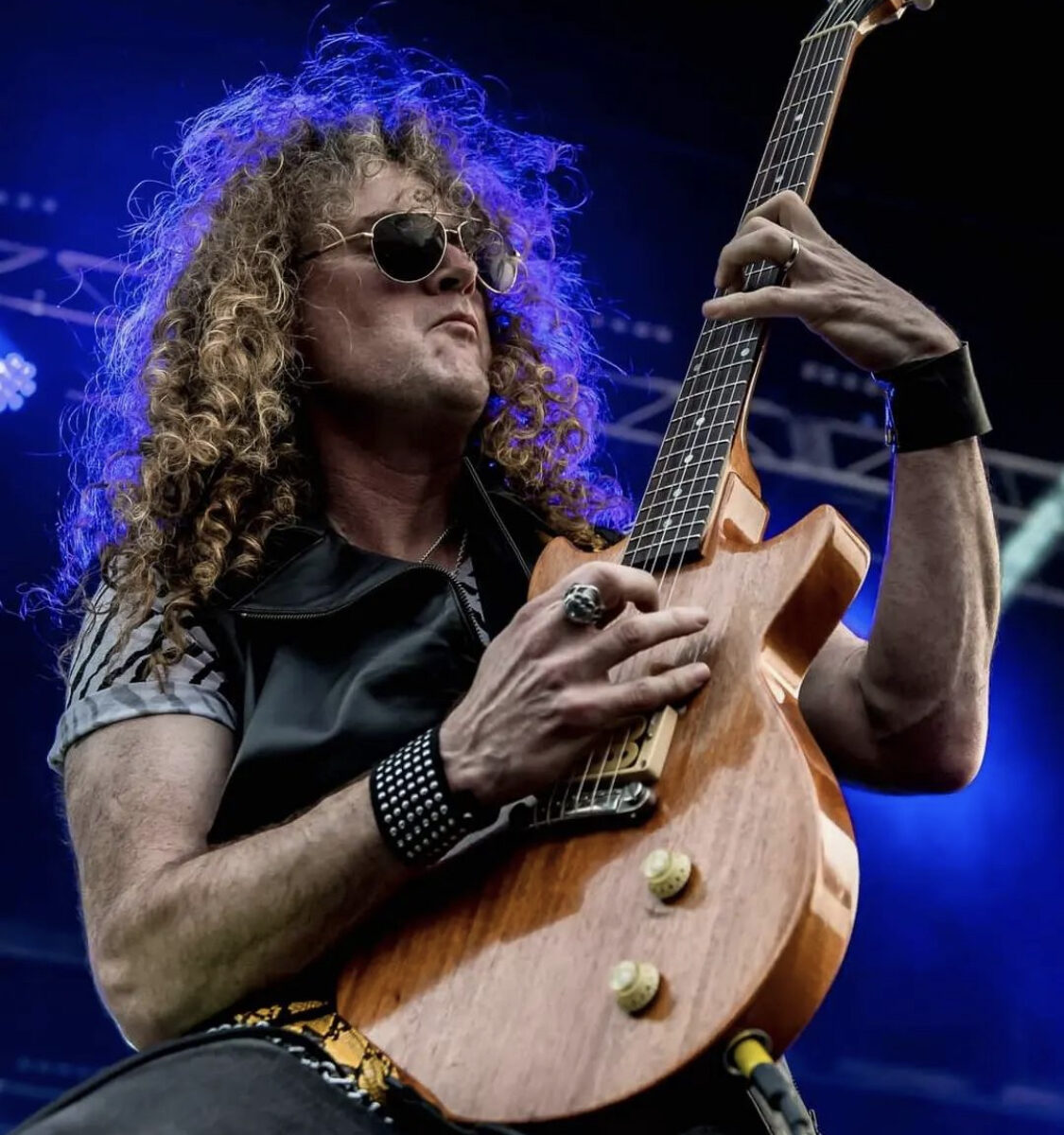
Yet even with the corporate glaze that was applied to the music of the 1980’s, Kelly claims the music he listened to in his teens, automatically stuck to his brain and he found it interesting to go back and re-evaluate why he liked it in the first place.
“What I liked about the 80’s is that bands combined all the different elements of power pop and artistic arrangements,” he noted. “You had Ratt dressing like Duran Duran and Guns N Roses were like punk rock, they literally dragged The Sex Pistols up the U.S charts. You got some virtuosity, you got some exciting guitar playing, it wasn’t just focused on one aspect.”
Kelly is aware that Canadian bands were pretty well left out of North American hair, metal scene because most U.S labels didn’t see anything special here that they didn’t already have in the States. Although Triumph, Helix and even Coney Hatch had pockets of support state-side. As for Rush, Kelly feels they existed in their own sphere of influence. “They were more like Prog Rock embracing New Wave.” He analyzed.
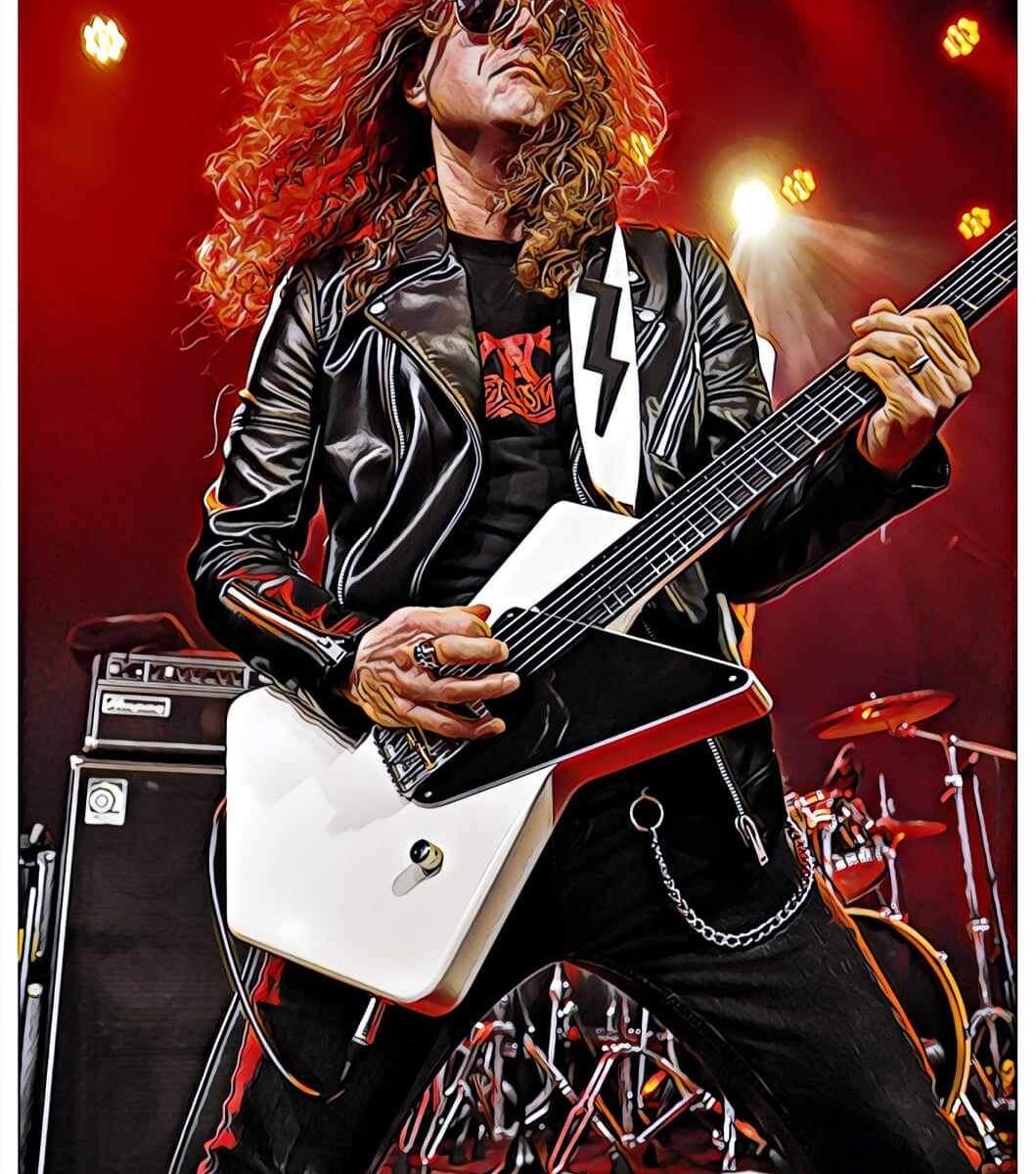
Aside from being an accomplished guitarist and songwriter, who is currently featured in both Lee Aaron’s band as well as Coney Hatch. Kelly has also appeared with Helix, Nelly Furtado, Alan Frew’s spin-off project and has recorded three albums with his own Crash Kelly band. Plus completing work on his second book (published by ECW), the first one being his autobiographical “Metal On Ice”. And on top of that, Kelly has appeared in two musical productions with Twisted Sister’s Dee Snider (Dee Snider’s Christmas and Rock Of Ages). And when he is not on the road or re-introducing himself to his wife and family, Kelly also puts in time as an elementary school music teacher with the Toronto Catholic School Board.
“I’d like to do a rock thing with a symphonic orchestra,” noted Kelly citing Iron Maiden’s Bruce Dickinson’s recent efforts in Germany with Deep Purple, “and I have a Crash Kelly project I’d like to execute with my new book and possibly even re-release my two previous records on vinyl”.
Summarizing the objective of `Don’t Call It Heavy Metal’ Kelly notes that he grew up with that stuff, “those songs are in my collective consciousness, I listen to that music constantly and I am a great admirer of those who came before me and I try to slot myself in where I can, I put my own influence in and just hope for the best”.
For more information on how to obtain a copy of Sean Kelly’s book, contact info@ecw.com.

